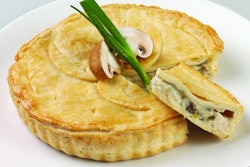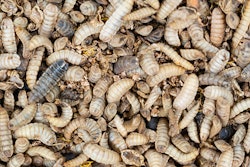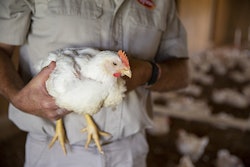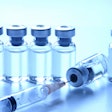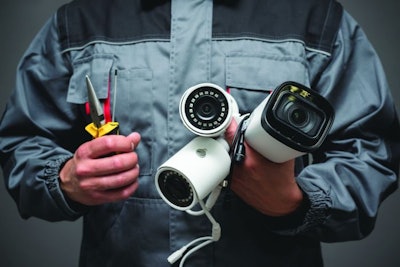
Artificial intelligence and robots can play an important role in poultry processing from monitoring in real time through to improving the health and working conditions of employees.
Use of these technologies can help to ensure that targets are met, with their operations adjusted to suit specific circumstances. They can carry out repetitive tasks, ensure that tasks are performed correctly and work in areas that are less than ideal for employees.
Video cameras preslaughter
Video cameras can be used to ensure that, for example, the enclosure and harvesting of broilers, and their caging and loading onto trucks, are all correctly carried out.
A portable video system can help to ensure that harvesters are properly handling birds. They can be programmed to compare what is happening in the house with how birds should be handled and sound an alarm when the two do not tie up.
Video cameras can monitor, for example, whether birds are calm, whether harvesters are holding them correctly and whether care is taken when placing broilers into cages and loading.
Cameras at the plant
When chickens are hung on the processing plant overhead conveyor they need to be handled with care, and workers should have, at the very least, basic understanding of broiler anatomy and physiology.
A failure to carefully handle birds at this stage can cause reddening and bruising of the thighs, amongst other areas, and may lead to partial or total carcass rejection.
Similarly, if the breast comforter is not properly adjusted it may stress birds leading to wing flapping and bruising and bleeds to the wings and breast muscle.
Employing a video surveillance system at this stage will allow detection of whether birds are being correctly handled and, should this not be the case, corrective action can be taken immediately.
Birds must remain calm on their way to the stun bath to prevent physical damage and the accumulation of blood in the wings which will occur should they start to flap their wings. Camera monitoring will allow any change in behavior to be immediately detected and corrective action taken.
Cameras can also be employed during stunning to monitor whether it is being correctly performed, for example.
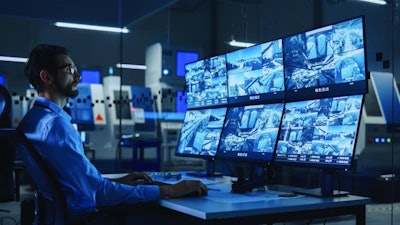
Scalding
Video monitoring during scalding can not only help to ensure that tanks are adjusted and operating properly but can also function to protect worker safety.
Scalder water must be maintained at the correct temperature, and it must be kept at the correct level with the right amount of turbulence. Birds must remain in the water for a predetermined time and must be fully submerged. All of this can be monitored by camera and an alarm raised should any of these parameters not be complied with.
This kind of monitoring contributes to worker safety as, without it, scalder lids would need to be lifted which would expose the worker to a rush of hot air and the possibility of burns.
Plucking
Plucking needs to be carried out with a great deal of care if carcasses are not to be damaged and plucking fingers worn unnecessarily. Artificial intelligence can help to ensure that the process is conducted efficiently. Its use can also ease the role of those that check the quality of the plucked carcasses, allowing monitoring to be conducted on-screen.
Robots
Robots are particularly valuable in taking on repetitive tasks or those that require employees to be standing for the majority of the shift.
Giblet picking is an example of this, where robots can be employed to select the various organs, place them in a container that is then used to feed the packing machine hopper. If speeds need to be increased, robots can simply be reprogrammed.
Autonomous forklifts
The workers that operate forklifts move finished product from the packing section to the cold rooms and stores. While they may have special clothing, they are, nevertheless, exposed to low temperatures and must make sudden movements.
Autonomous forklifts would be one way of protecting these workers who could be trained to operate them as drones.
Collaboration is key in successful poultry processing
www.WATTAgNet.com/articles/44452


